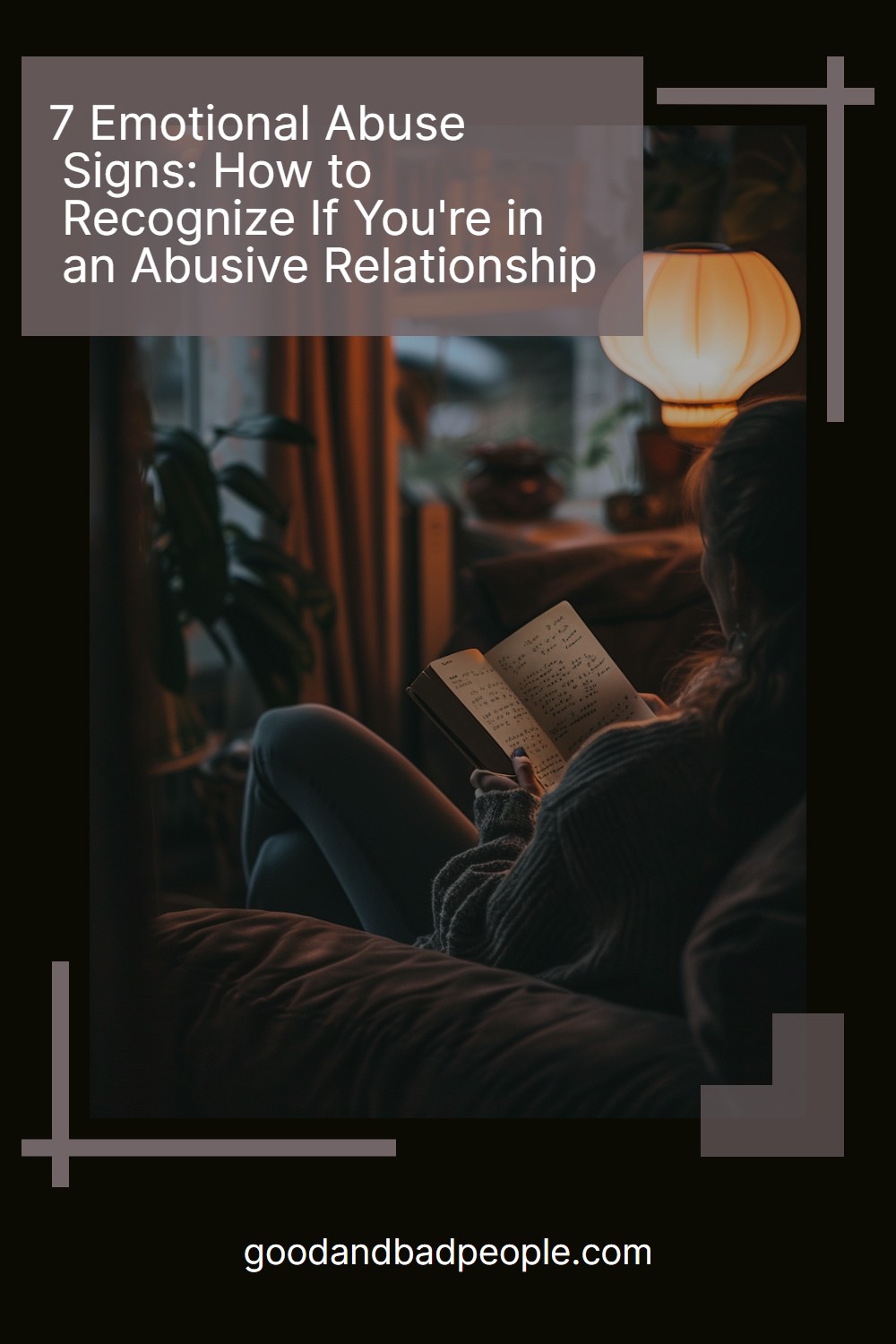7 Emotional Abuse Signs: How to Recognize If You're in an Abusive Relationship
Emotional abuse is often insidious and subtle, making it challenging to recognize, especially when you're emotionally invested in a relationship. Understanding the signs of emotional abuse is crucial for identifying unhealthy dynamics and taking steps to protect your well-being. Here are seven common signs to check if you suspect you might be in an emotionally abusive relationship:
1. Constant Criticism and Put-Downs
Emotional abusers frequently criticize and belittle their partners, often under the guise of "constructive criticism." They may nitpick everything you do, making you feel inadequate or worthless.
2. Gaslighting
Gaslighting is a manipulative tactic where the abuser denies or distorts facts, events, or your perceptions to make you doubt your sanity or memory. They may say things like, "You're overreacting" or "That never happened," causing confusion and self-doubt.
3. Isolation
Emotional abusers may isolate you from friends, family, or support networks to gain control over you. They may discourage you from spending time with loved ones, create conflict with your social circle, or impose rules that limit your interactions outside the relationship.
4. Blame-Shifting
Instead of taking responsibility for their actions, emotional abusers often shift blame onto their partners. They may blame you for their mood swings, mistakes, or problems in the relationship, making you feel guilty or responsible for their behavior.
5. Manipulative Behavior
Emotional abusers use manipulation to maintain power and control in the relationship. They may manipulate your emotions, decisions, or actions through guilt-tripping, threats, or emotional blackmail to get what they want.
6. Unpredictable Mood Swings
You may feel like you're walking on eggshells around the abuser due to their unpredictable mood swings. One moment they may be loving and affectionate, and the next, they could become angry, hostile, or emotionally distant without apparent reason.
7. Lack of Empathy
Emotional abusers often lack empathy and disregard your feelings, needs, or boundaries. They may dismiss your emotions, minimize your concerns, or invalidate your experiences, leaving you feeling unseen or unheard.
Recognizing the Impact
Emotional abuse can have profound effects on your mental and emotional well-being, leading to anxiety, depression, low self-esteem, and difficulty trusting others. It's essential to acknowledge these signs and take steps to protect yourself if you suspect you're in an emotionally abusive relationship.
Taking Action
If you recognize these signs in your relationship, it's important to prioritize your safety and well-being:
Trust Your Instincts: If something feels wrong or makes you uncomfortable, listen to your gut instincts.
Seek Support: Reach out to trusted friends, family members, or a therapist who can provide emotional support and guidance.
Set Boundaries: Establish clear boundaries with the abuser and enforce consequences if they continue to engage in abusive behavior.
Create a Safety Plan: If you decide to leave the relationship, develop a safety plan with steps to protect yourself and access resources such as shelters or hotlines.
Final Thoughts
Emotional abuse is never justified or acceptable in any relationship. By understanding these signs and acknowledging your worth, you can empower yourself to make informed decisions about your relationships and prioritize your emotional well-being.
Remember, you deserve to be treated with respect, kindness, and empathy in all aspects of your life.
#body #mind #soul






